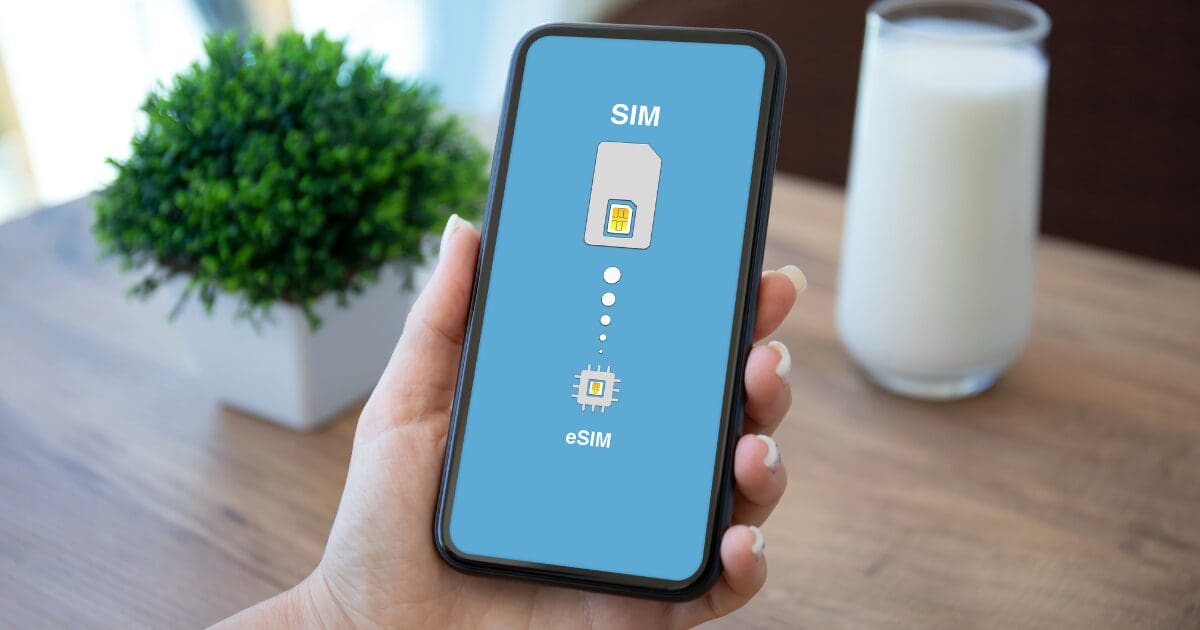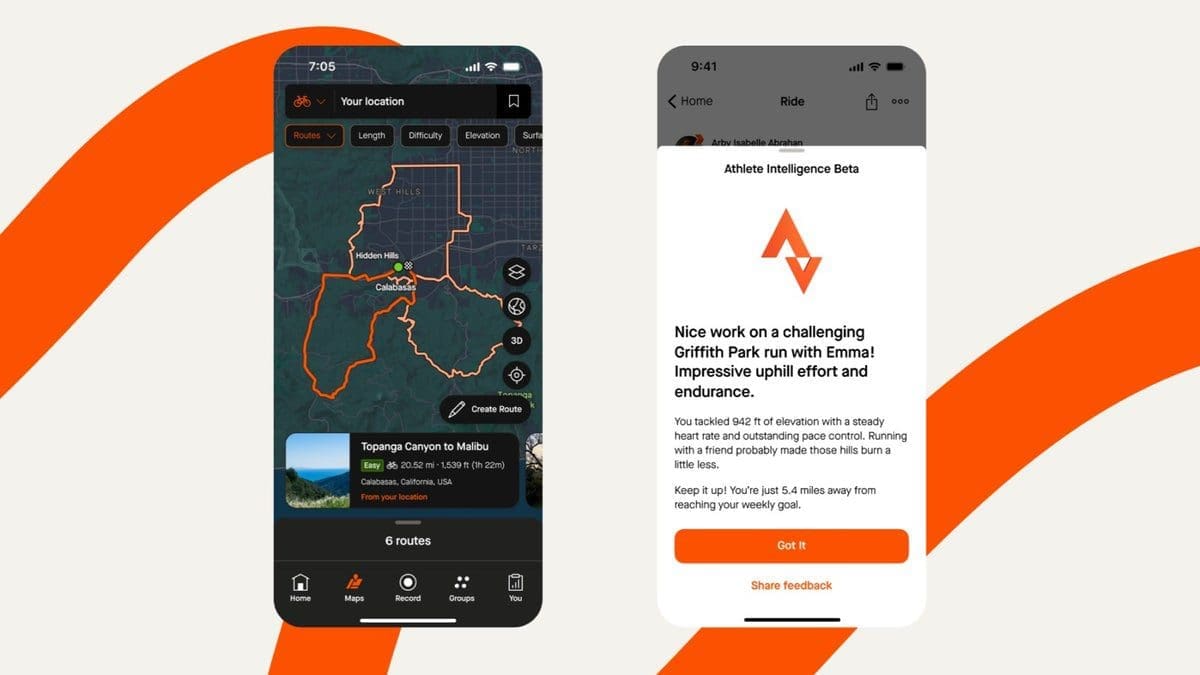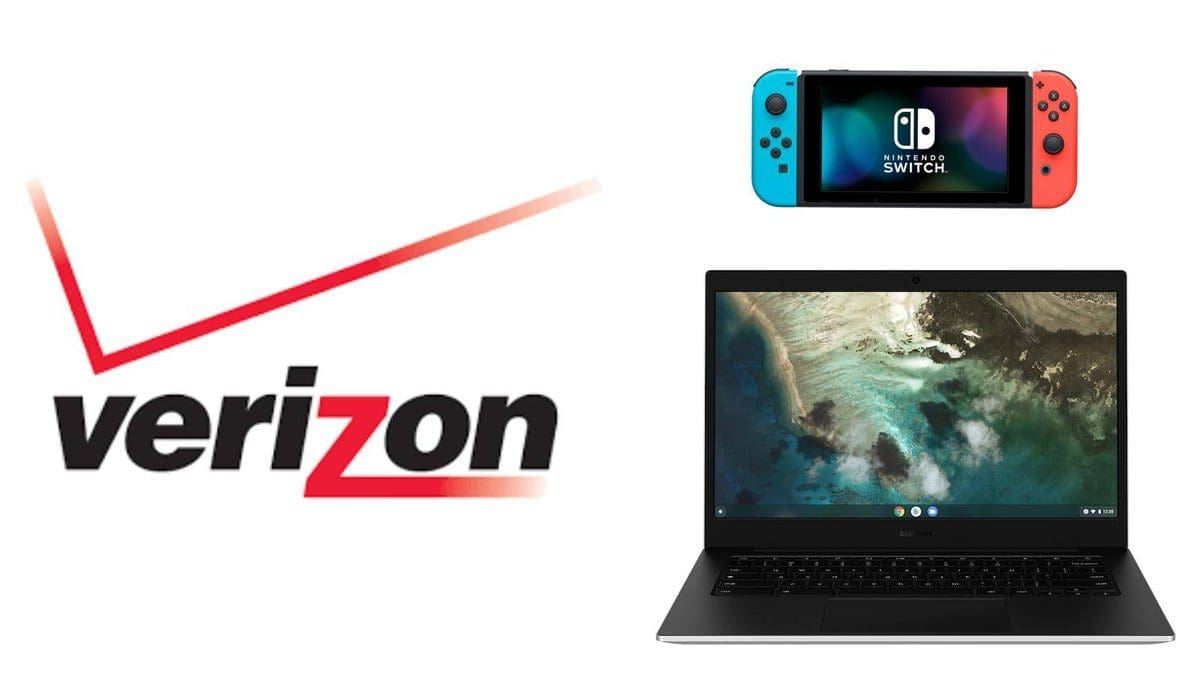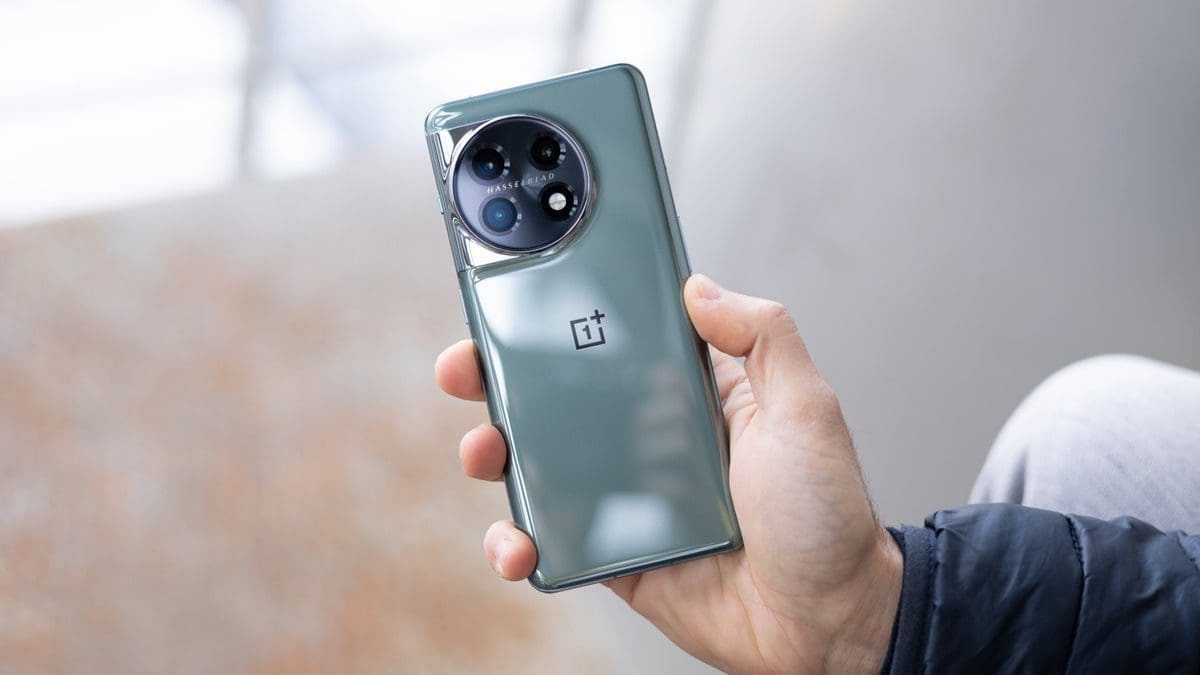Many cell phones available throughout Canada are now compatible with eSIMs, including the iPhone 14 series, the Samsung Galaxy S22 suite, and the Google Pixel 7 and Pixel 7 Pro. Most eSIM-capable phones allow you to use both your eSIM and regular SIM simultaneously, while some still require manual switching between the two.
eSIM technology is fairly new, with only a handful of eSIM-ready cell phones and even fewer carriers offering eSIM plans. Here’s everything you need to know to get started with an eSIM, including why you would want one, which phones are compatible, and where to get an eSIM plan.
What Is an eSIM?
An eSIM is an electronic SIM card. Unlike the standard physical SIM card we use for our cell phones, which come in different SIM sizes, the eSIM is built into your device, and you can’t remove it (nor should you need to remove it). There’s no extra fee for an eSIM, since it comes right in your device.
While eSIMs are still very new for cell phones, they’ve actually been in use for a few years now. Have you ever wondered how your Apple Watch connects to its data plan even though there’s no SIM card slot? That’s right, an eSIM.
The great thing about eSIMs is that it makes switching carriers and plans super easy. Compatible carriers are able to remotely wipe the data on your eSIM and reprogram it—no more waiting around for your new SIM card to arrive. eSIMs allow you to switch plans within a matter of minutes.
eSIM Carriers
Not all carriers support eSIMs—in fact, while all of the Big Three major carriers have SIM support, very few smaller prepaid carriers do. Current eSIM providers in Canada include:
Which Phones Use eSIMs?
Currently, Google, Samsung, Apple and Motorola all have phones that support eSIMs, including the Google Pixel 7, iPhone 14, the Motorola razr, and Samsung’s latest release of Galaxy S23 phones and the newest Z Flip foldable phone.
What are the Benefits of eSIMs?
There are a number of benefits to using an eSIM, although they may not apply to everyone. The main benefit would be for people who use two different numbers, whether it’s a work number and a personal cell phone number, or you need a travel SIM card while you’re on vacation.
eSIMs make it easy to switch from one phone account to another without having to replace your SIM card each and every time. No more finding a pin to open the SIM card slot, then almost dropping (and losing) your SIM card while you’re switching them out.
Important: Using Dual SIMS
If you’re planning on using another carrier’s eSIM in your current phone, your phone will need to be unlocked from your carrier in order for it to work. Much like how your phone needs to be unlocked to use another carrier’s regular SIM, your phone must be unlocked to use their eSIM also.
How do I Activate an eSIM Plan?
eSIM activation is quick and easy. Generally, once you’ve picked an eSIM plan and paid for it, your carrier will email you a QR code to scan or give you an activation number.
Can I Use eSIM and Regular SIM at the Same Time?
Even if you have both your regular SIM plan and your eSIM plan activated in your phone, your device may not allow you to use both plans at the same time. Currently the following phones have dual SIM functionality:
iPhone 11, 12, 13, and 14 series
Google Pixel 4, 5, 6, and 7 series
Samsung Galaxy Fold, S20, S21, S22, and S23 series
If you have a Google Pixel 3 or 3 XL, you’ll need to switch between your regular SIM card and eSIM manually.
All of the newer iPhones (from the XS and newer) and Samsung Galaxy eSIM phones allow you to use both your regular SIM and eSIM simultaneously, and you can even designate what you want to use each SIM for. For example, you can choose to use your eSIM for data only and your regular SIM card for voice and text. This can all be managed within your phone’s Settings.
The Motorola razr is the first phone on the market to ditch the regular SIM card slot altogether and work only with an eSIM. This is somewhat of an inconvenience since not all carriers offer eSIM plans yet.










